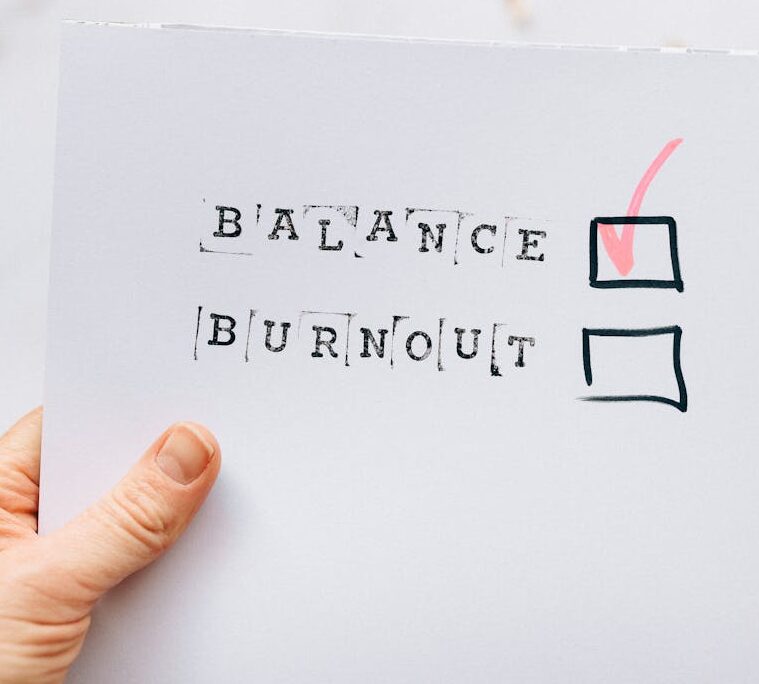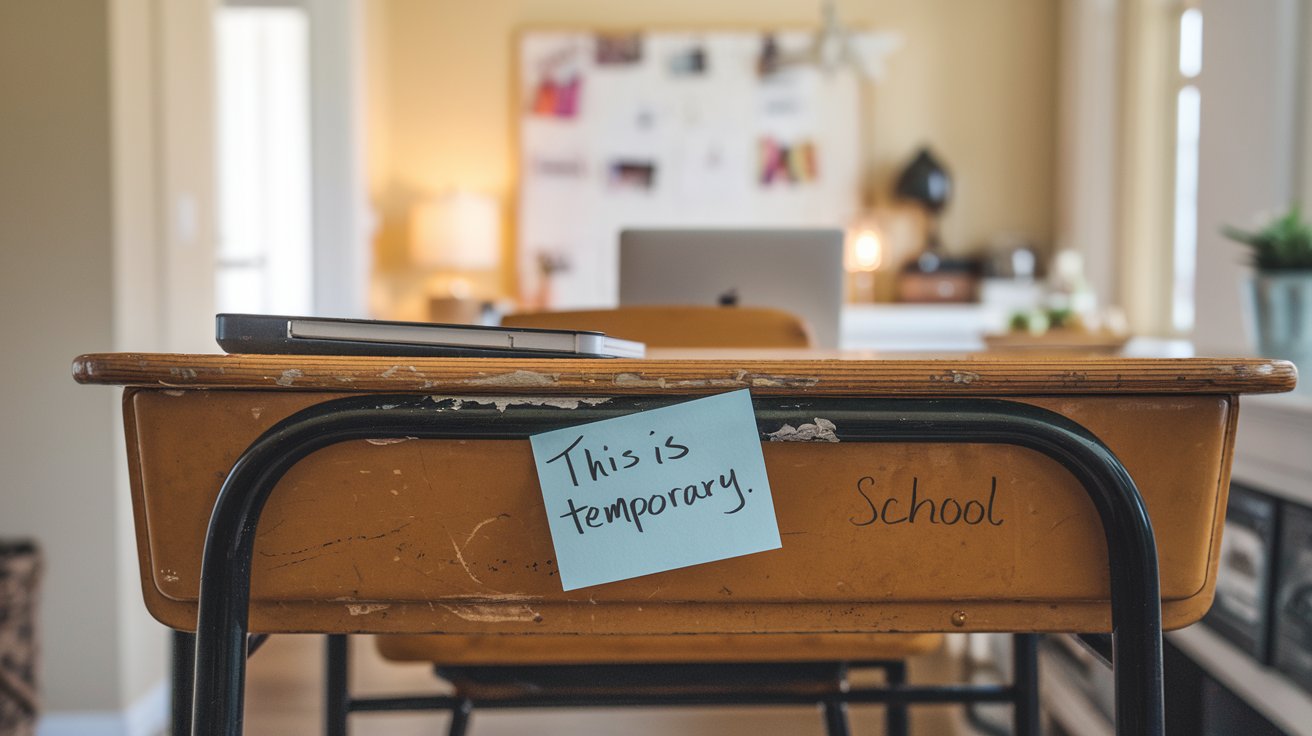Your cart is currently empty!

Self-Care Ideas for Busy Teachers – from an actual teacher
Being a teacher is a rewarding but demanding profession. It’s easy to prioritize your students and neglect your own well-being. However, to avoid burnout and keep your passion alive, self-care is essential. This post outlines 5 practical strategies for busy teachers.
Reclaiming Your Time – 5 Essential Self-Care Tips for Teachers
Self-care for busy teachers should be a non-negotiable part of the profession because being a teacher in today’s classroom is hard, really hard.
It is often overlooked that you are the most important person in the classroom.
If it wasn’t for you, your students wouldn’t have a teacher and they wouldn’t learn anything in the subjects you teach.
And as teaching demands so much of your time and energy, it’s easy to put yourself last.
Being a teacher is not just a job, it’s a vocation that calls you to share your love of learning. This is why keeping your passion alive and preventing burnout requires a level of self care on your part.
Here are 5 Essential Self-Care Tips for Busy Teachers.

1. Set boundaries – saying no
The first step to taking care of yourself as a teacher is to set boundaries. This means you choose what your priorities are in your teaching day that align with your goals and values as a teacher.
But saying no to the demands placed on you as a teacher is easier said than done. It can take years of experience to build up the courage to say no.
Whether you are at the beginning of your career or have been teaching for years, you know that lesson planning, teaching content and skills and assessing student knowledge is your main priority as a teacher. Focus on your students and your classes and your work.

2. Turn off school notifications.
You are not a teacher 24 hours a day, 7 days a week, although sometimes it can certainly feel like it. You are a mother, father, daughter, son, sister, brother, partner, friend!
And you deserve some me time and family time. So here’s what you need to do.
Remove all work related apps from your phone and only have them on your laptop and only check them during work hours.
Don’t let messages from parents, students and staff impede on your personal time. You need to switch off from work because you need time for rejuvenation. Time to replenish and recover. Time to just be you!
You are allowed to stop working and take the necessary steps to reduce stress and take care of yourself whether it be time to read, cook, exercise, journal, spend time on your hobbies or with the people closest to you.
Once upon a time, teachers were never this connected to their jobs. I remember these times well, thank goodness.
No emails, no chats, no apps. Work hours were for work and after school hours were for ourselves and that’s exactly the way it should be now.
No exceptions.

3. Find supportive colleagues
Supportive colleagues aka teacher besties listen to you, they really listen.
They understand the challenges you are facing, they have empathy when you’re doing it tough and they never judge you.
It’s vital as a teacher to build a supportive environment of like minded colleagues. The ones that know that you are a great teacher and will always have your back.
Teacher besties build you up and hate to see you suffer. They are bucket fillers not dippers and are ready to listen when you need them.
They offer you a safe place to vent when you’ve been bottling up your frustrations, they are fantastic at problem solving and sharing ways to combat stress. These supportive colleagues can save your day by giving you an easy activity to do with a class when you forgot to plan, something fell through or you have nothing left in the tank.
Supportive teacher besties can take a difficult student off your back for a lesson. They are the real definition of teacher collaboration. And they make you laugh, sometimes to tears.

4. Put yourself first – protect your mental load.
If you are not mentally well, you cannot give your best.
Everyone has their own limits of stress and these limits can change throughout your teaching career.
It doesn’t matter if other teachers are working now at the capacity you once were. There will be many times when you will need to put yourself and your health above everything else.
It doesn’t matter what other people make of this, if they think you are lazy or selfish. How others perceive your life is completely irrelevant as they are not the ones experiencing it, you are.
You don’t need permission to take a break.You need to take care of yourself and your energy.
So in order to take care of yourself and your energy, it is important that you make a plan to leave at the end of your contractual hours and not take work home with you either physically or mentally.
If you really aren’t coping, things do not improve and you are still struggling, make sure you reach out and get support from someone you trust or a professional. Talking with others helps validate what you are going through and prevents the feeling that you are imagining it all.

5. Take control – choose your pace to work wherever possible.
Teaching demands your time and energy.
Yes there are deadlines, reports, assessments, and day to day tasks but you know that you always need to prioritise your lessons and preparation.
It’s ok to decline additional tasks that are not your priority. If you feel that you cannot manage your workload, politely decline extra tasks. You could ask ‘what would you like me to deprioritize to get this new task completed?’
It’s important as a teacher to set times for work and stick to them. If you feel like you might be approaching burnout or when the stress is simply building, just do the bare minimum.
Don’t burn yourself out, there will always be more work you could do. You don’t have to do all the things, all the time.
One strategy that works for me is picking my top 3 priorities for the day depending on how much time I have. If I can get those 3 things done I know I have done enough. On a busy day these 3 things may only add up to 5 minutes but at least I got them done and can cross them off my to do list which helps me feel like I still have control over my work day.
Where to from here…
According to the Oxford dictionary, Selfcare is the practice of taking action to preserve or improve one’s own health. It is the practice of taking an active role in protecting one’s own wellbeing and happiness particularly in times of stress.
To avoid teacher burnout, self-care is a no brainer. In order to survive and thrive in the teaching profession, teachers must realise that self-care is not an option, it is essential.
In my experience it started with setting boundaries and in doing so, it allowed me to have meaningful time for relationships and gave me time for mental rejuvenation. It created time to cultivate the things that bring me joy, take care of myself and to be the inspirational teacher my students needed me to be.
Kimberley





